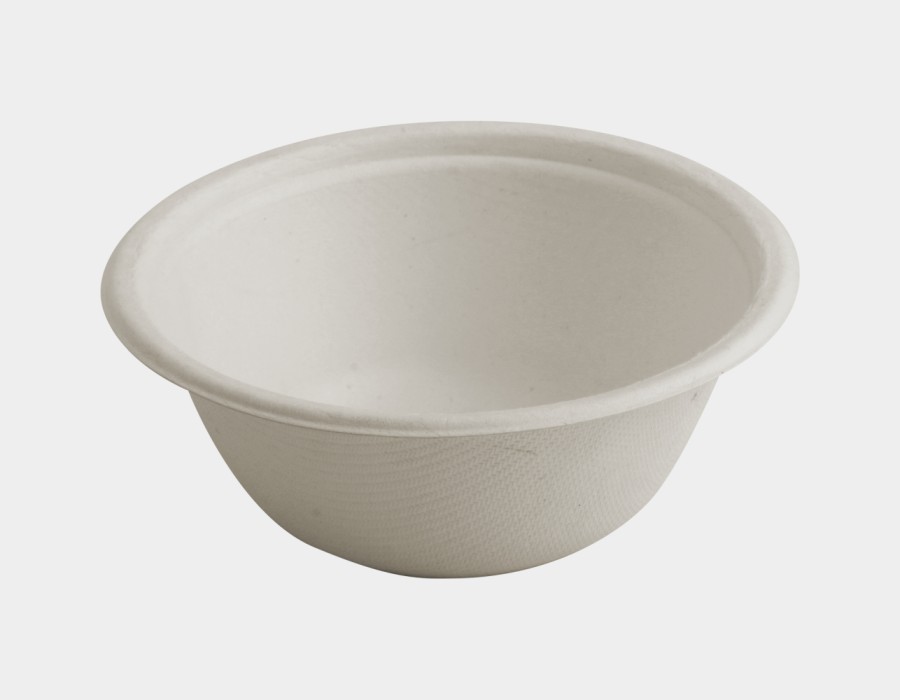Introduction
The rising environmental consciousness among consumers and the global shift toward sustainability have sparked a significant transformation in the tableware industry. In India, this change is particularly noticeable as wholesalers embrace eco-friendly plates and bowls to meet both domestic and international demand. Let’s explore why this shift is happening and how it is redefining the wholesale market.
1. Growing Consumer Awareness and Demand
Indian consumers are increasingly aware of the environmental impact of single-use plastics. The need for sustainable alternatives has encouraged people to adopt eco-friendly plates and bowls for their everyday use, especially for events and catering services. This demand has created a lucrative opportunity for wholesalers, who are aligning their inventories to cater to the rising interest in biodegradable and compostable products.
2. Government Policies Supporting Sustainability
The Indian government has implemented stringent regulations, including bans on single-use plastics, to promote sustainability. These measures have pushed businesses to adopt environmentally friendly practices. For wholesalers, stocking eco-friendly plates and bowls is not just a trend but a necessity to comply with these policies. Additionally, government incentives for green businesses have made it more appealing for suppliers to switch to sustainable tableware options.
3. Cost-effective and Readily Available Materials
India’s abundant natural resources, such as sugarcane bagasse, areca palm leaves, and bamboo, provide cost-effective raw materials for manufacturing eco-friendly plates and bowls. These materials are renewable, biodegradable, and locally available, reducing production costs and enabling wholesalers to offer competitive pricing. This affordability is a key factor in attracting bulk buyers, both domestically and internationally.
4. Catering to Export Markets
Global demand for sustainable tableware is growing, especially in regions like Europe and North America, where environmental regulations are stringent. Indian wholesalers are capitalizing on this opportunity by exporting eco-friendly plates and bowls to these markets. The cost advantage of Indian products combined with their high quality makes them a preferred choice for international buyers.
5. Enhancing Business Reputation
For wholesalers, adopting eco-friendly plates and bowls is not just a business decision—it’s a branding opportunity. Supplying sustainable products helps wholesalers build a reputation as environmentally responsible businesses, attracting eco-conscious clients. This shift also aligns with the values of younger generations who prioritize sustainability in their purchasing decisions.
Conclusion: A Sustainable Future for Wholesalers in India
The shift to eco-friendly plates and bowls is more than a market trend; it is a movement toward a sustainable future. For Indian wholesalers, this transition presents a chance to cater to evolving consumer preferences, comply with regulations, and expand their reach in international markets.
By embracing eco-friendly plates and bowls, wholesalers not only contribute to environmental preservation but also position themselves as leaders in the growing sustainable tableware market. The time is now for Indian wholesalers to take the leap into sustainability and reap the benefits of this transformative change.





Comments